Pierre Flener
Global Constraint Catalog, Volume II, Time-Series Constraints
Sep 18, 2018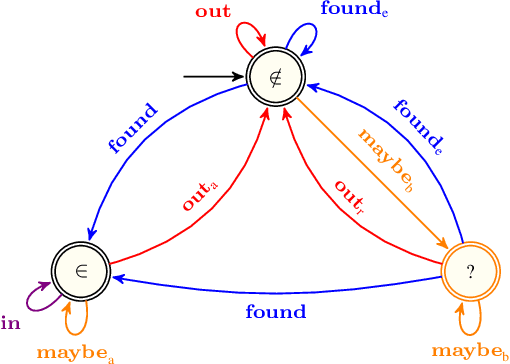

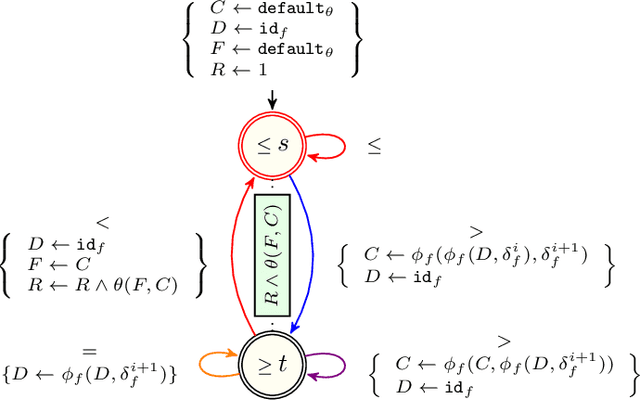

Abstract:First this report presents a restricted set of finite transducers used to synthesise structural time-series constraints described by means of a multi-layered function composition scheme. Second it provides the corresponding synthesised catalogue of structural time-series constraints where each constraint is explicitly described in terms of automata with registers.
Propagators and Violation Functions for Geometric and Workload Constraints Arising in Airspace Sectorisation
Jan 29, 2014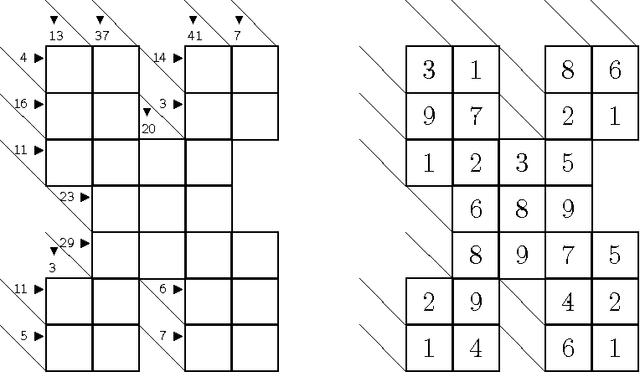
Abstract:Airspace sectorisation provides a partition of a given airspace into sectors, subject to geometric constraints and workload constraints, so that some cost metric is minimised. We make a study of the constraints that arise in airspace sectorisation. For each constraint, we give an analysis of what algorithms and properties are required under systematic search and stochastic local search.
Propagating Regular Counting Constraints
Sep 27, 2013

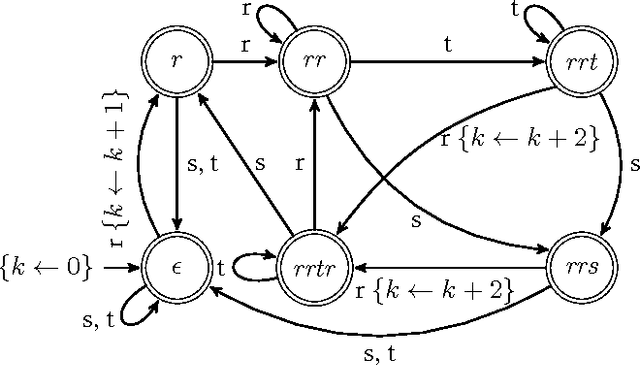

Abstract:Constraints over finite sequences of variables are ubiquitous in sequencing and timetabling. Moreover, the wide variety of such constraints in practical applications led to general modelling techniques and generic propagation algorithms, often based on deterministic finite automata (DFA) and their extensions. We consider counter-DFAs (cDFA), which provide concise models for regular counting constraints, that is constraints over the number of times a regular-language pattern occurs in a sequence. We show how to enforce domain consistency in polynomial time for atmost and atleast regular counting constraints based on the frequent case of a cDFA with only accepting states and a single counter that can be incremented by transitions. We also prove that the satisfaction of exact regular counting constraints is NP-hard and indicate that an incomplete algorithm for exact regular counting constraints is faster and provides more pruning than the existing propagator from [3]. Regular counting constraints are closely related to the CostRegular constraint but contribute both a natural abstraction and some computational advantages.
Toward an automaton Constraint for Local Search
Oct 07, 2009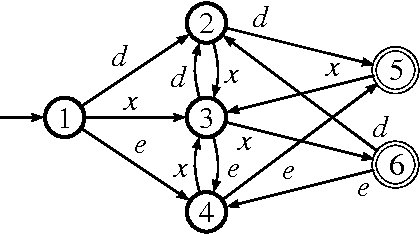
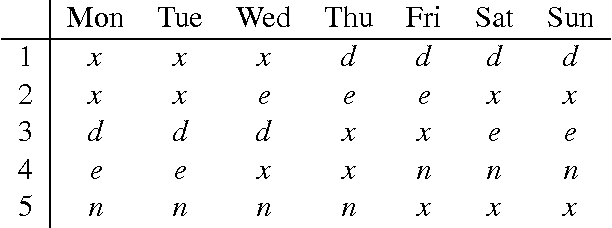
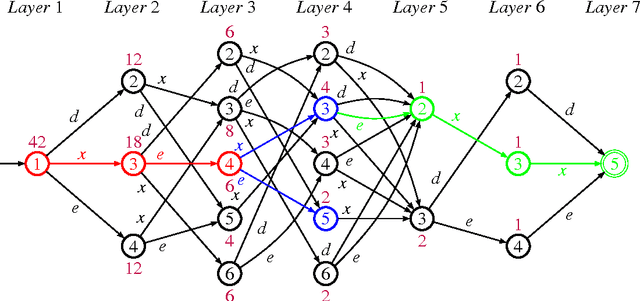
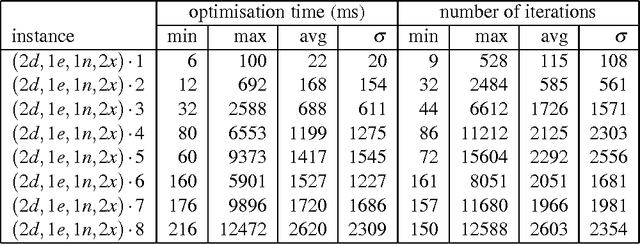
Abstract:We explore the idea of using finite automata to implement new constraints for local search (this is already a successful technique in constraint-based global search). We show how it is possible to maintain incrementally the violations of a constraint and its decision variables from an automaton that describes a ground checker for that constraint. We establish the practicality of our approach idea on real-life personnel rostering problems, and show that it is competitive with the approach of [Pralong, 2007].
Dynamic Demand-Capacity Balancing for Air Traffic Management Using Constraint-Based Local Search: First Results
Oct 07, 2009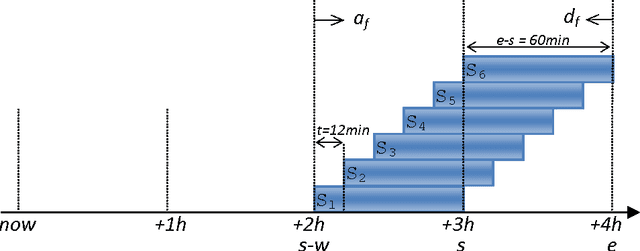
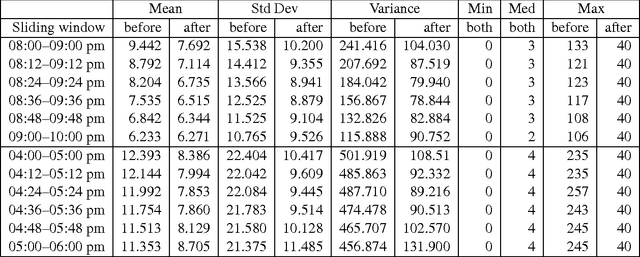

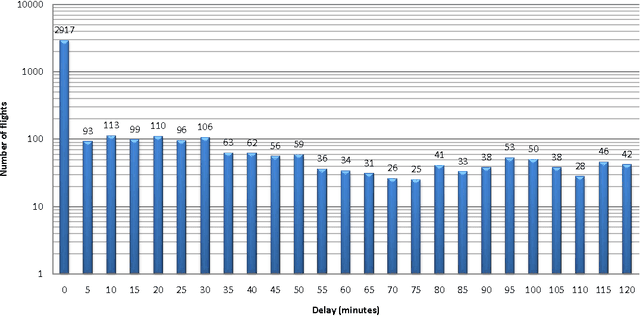
Abstract:Using constraint-based local search, we effectively model and efficiently solve the problem of balancing the traffic demands on portions of the European airspace while ensuring that their capacity constraints are satisfied. The traffic demand of a portion of airspace is the hourly number of flights planned to enter it, and its capacity is the upper bound on this number under which air-traffic controllers can work. Currently, the only form of demand-capacity balancing we allow is ground holding, that is the changing of the take-off times of not yet airborne flights. Experiments with projected European flight plans of the year 2030 show that already this first form of demand-capacity balancing is feasible without incurring too much total delay and that it can lead to a significantly better demand-capacity balance.
 Add to Chrome
Add to Chrome Add to Firefox
Add to Firefox Add to Edge
Add to Edge